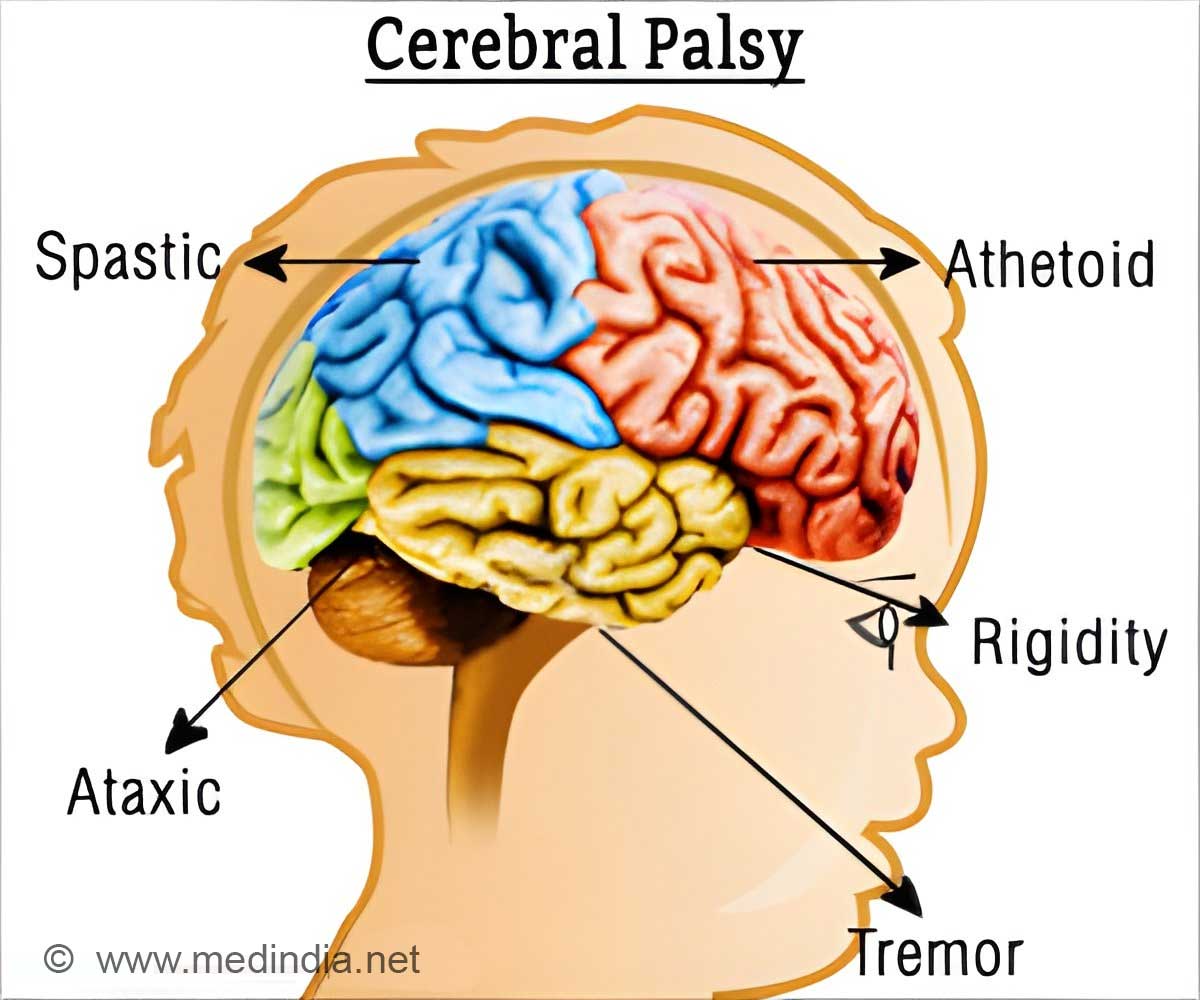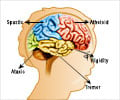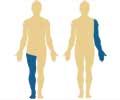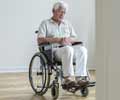More than 10% of children carry genetic variants associated with cerebral palsy, with 17.7% holding variants of uncertain significance.

Comprehensive whole-genome sequence analyses provide insights into the genomic architecture of cerebral palsy
Go to source). The seven-year study, published in the journal Nature Genetics and led by scientists at The Hospital for Sick Children (SickKids), the Research Institute of the McGill University Health Centre (RI-MUHC), and Holland Bloorview Kids Rehabilitation Hospital, suggest the existence of many genetic variants contributing to cerebral palsy.
‘Over 10% of children harbor a genetic variant or likely variant associated with cerebral palsy, while a staggering 17.7% possess variants of uncertain significance, underscoring the urgent need for further research. #cerebralpalsy’





The childhood-onset physical disability can have different causes, such as infections, injuries, or lack of oxygen before or during birth.
Unraveling the Genetic Puzzle of Cerebral Palsy
However, the genetic contributors to the condition were not known yet. For 100 years, cerebral palsy was mostly thought to be the result of entirely environmental factors during birth.“Now that we have a better understanding into the complex relationship between cerebral palsy’s genetic and environmental factors, we hope we can improve care for these children," said Dr Stephen Scherer, Chief of Research and Senior Scientist at SickKids.
"Our findings are a step forward in better understanding the complex genetic and environmental risk factors that may determine an individual’s chance of developing this complex condition to help individualize future treatment," said Dr Maryam Oskoui, senior clinician scientist at the Research Institute of the McGill University Health Centre.
Reference:
- Comprehensive whole-genome sequence analyses provide insights into the genomic architecture of cerebral palsy - (https://www.nature.com/articles/s41588-024-01686-x)













